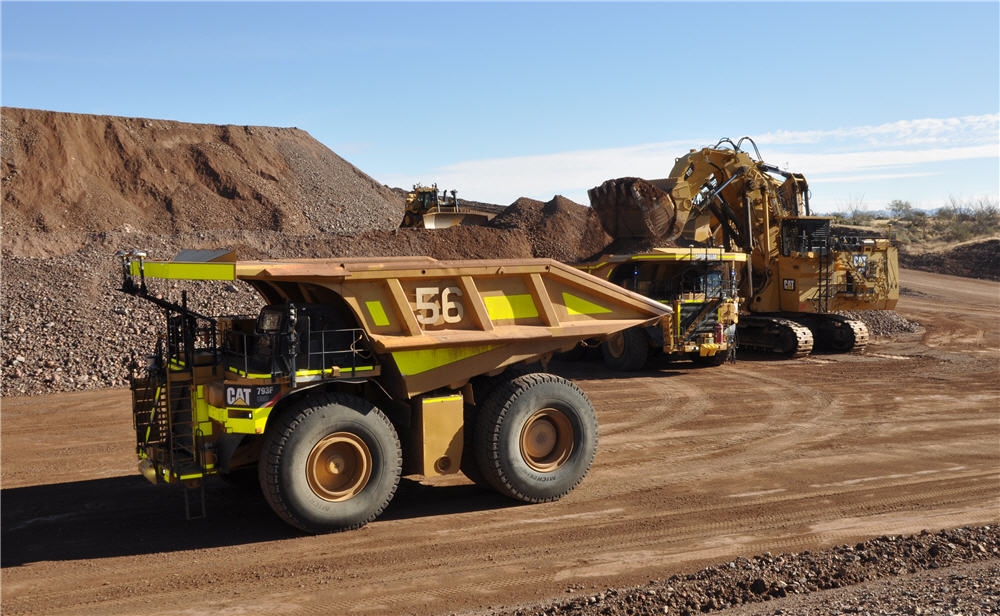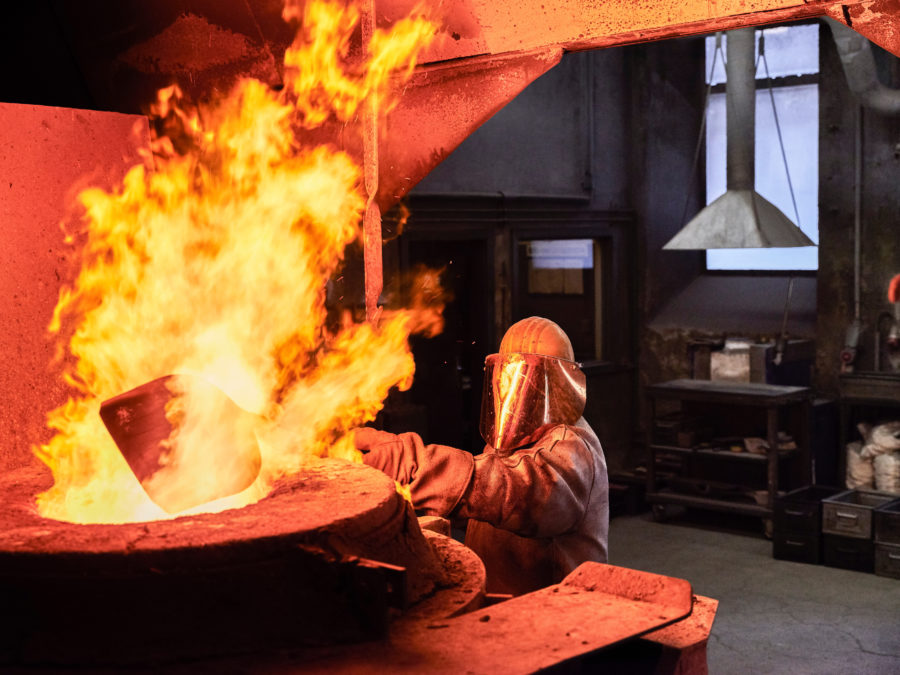OEMs a barrier in transition to autonomy in mining — report

As the mining sector strives to secure safety improvements, productivity gains and other benefits offered by a fully autonomous mine, a new report, Accessing the Fast and Furious Pace of Autonomy to Transform Mining by Clareo and Twin argues the closed and proprietary systems of the major original equipment manufacturers (OEMs) are a barrier.
The paper examines the sector’s opportunity to tap into the broader autonomy ecosystem’s rapid innovation advances to accelerate its efforts towards fully autonomous mines.
However, the goal of a fully autonomous mine will remain a distant vision if the current closed and proprietary OEM solutions continue to dominate, Clareo and Twin say.
Despite nearly 15 years of development, less than 3% of mobile equipment in mining is autonomous
The study finds technology and business model obstacles in pursuing full autonomy and urges the mining sector to create open and interoperable standards.
The benefits from achieving autonomous mining operations are significant, ranging from improving health and safety by removing people from hazardous environments, to improving productivity, reducing costs, and improving levels of mineral resource recovery, the report states.
As the ultimate opportunity, Clareo and Twin say, is to totally reimagine the design and operation of a mine, it is no surprise that the mining sector, along with defense, was an early mover in autonomy.
However, despite nearly 15 years of development, less than 3% of mobile equipment in mining is autonomous, the report reveals.
The paper argues that while there have been some successes, the results to date indicate that the mining industry has lacked consistent leadership on autonomy development.
Clareo and Twin say that with solutions sourced from mining OEMs, the industry has largely been deprived of the innovations resulting from investments in the wider autonomy space, which have played out over the past three years, and are expected to continue into the foreseeable future.
Read the full report here
{{ commodity.name }}
{{ post.title }}
{{ post.date }}



2 Comments
mover
Thanks very nice blog!
Valeri @ EllipticalTrainer101
We are a group of volunteers and starting a new scheme in our community.
Your website provided us with valuable information to work on. You’ve done
a formidable job and our whole community will be thankful to
you.